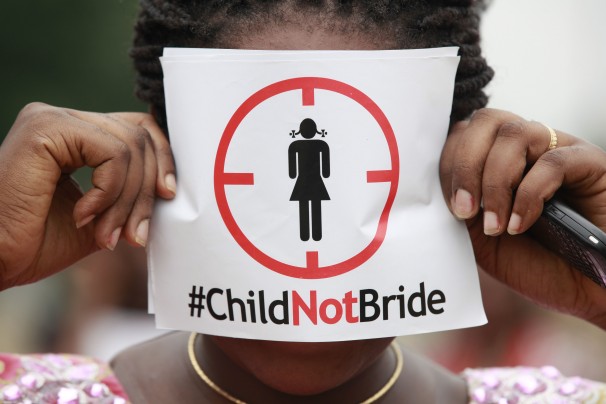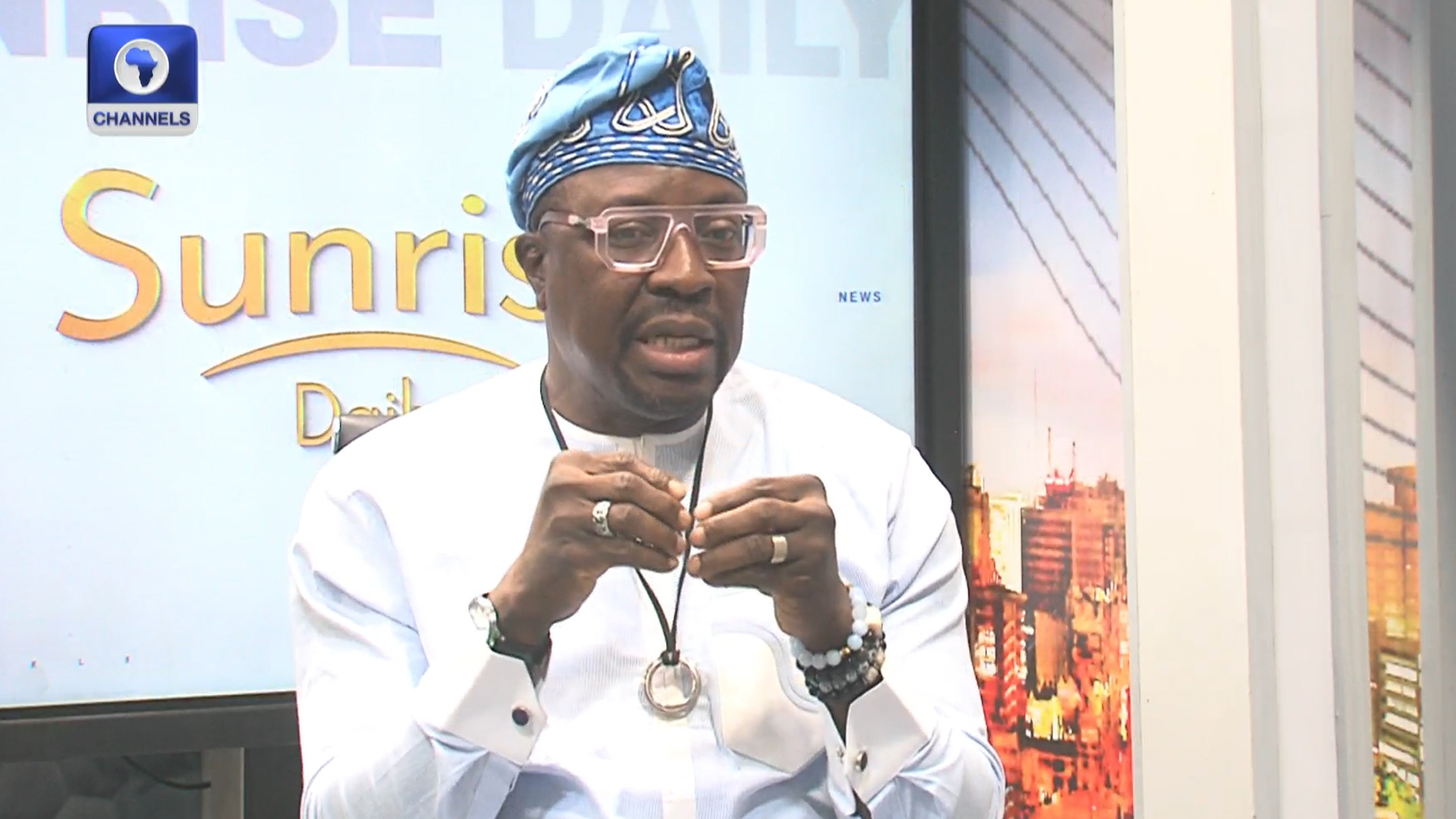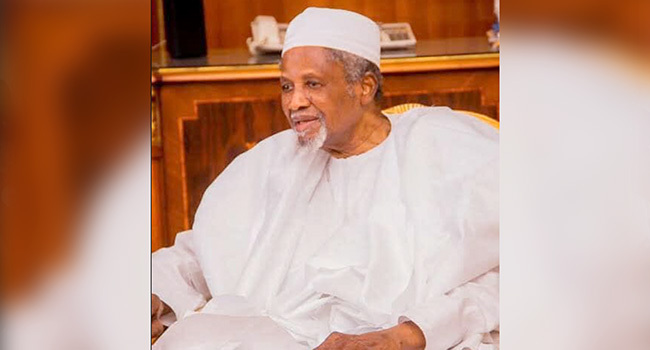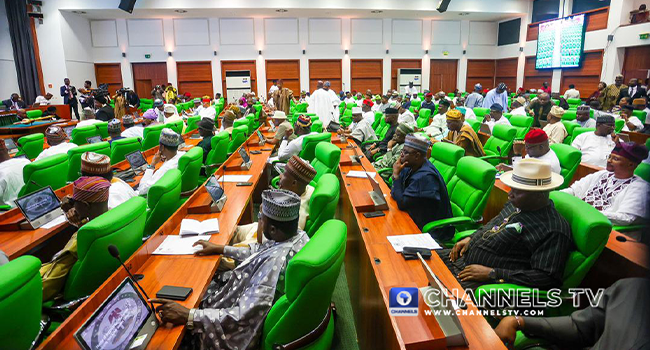Socio-Economic Rights and Accountability Project (SERAP) has sent an open letter to the Senate President David Mark “seeking urgent explanations on why the Senate chose to spend time on revisiting the sensible deletion of child marriage provision in the Constitution rather than use the time to discuss how to make citizens’ enjoyment of water, healthcare, electricity as fundamental rights.”
In the letter made available to Channels Television, the organisation said that “we are seriously concerned that the discussion in the Senate has focused rather disappointingly on how to undermine children’s internationally recognised human rights rather than how to improve the conditions of millions of Nigerians living in poverty through the entrenchment of a progressive Bill of Rights that will recognise access of Nigerians to water, healthcare, education and electricity as fundamental rights in the new constitution.”
“By failing to discuss these important issues as fundamental rights, the Senate simply ignored feedbacks from 279 constituencies across the country, and moved in the opposite direction from the House of Representatives that has discussed making citizens’ enjoyment of clean water, adequate healthcare, quality and uninterrupted education, and regular and affordable electricity as fundamental rights,” the organisation said.
The organisation also said that “given your indication to SERAP of your support for the ECOWAS court’s judgment declaring that the Nigerian government has a legal responsibility to provide as of right, free, quality and compulsory basic education to every Nigerian child, we urge to use your leadership and position to revisit these issues and to ensure that the Senate does not miss this important opportunity to end the legacy of poverty and inequality in the country by adopting a progressive Bill of Rights that includes internationally recognized human rights like education, housing, health care, water reform and social security.”
“Unless this action is urgently taken, the socio-economic legacy of the past would be perpetuated and continue to generate classes of people marginalised from full participation in our fragile democracy,” the organisation warned.
The organisation also said that, “we are seriously concerned that Nigeria is lagging behind other African countries like Zambia and Zimbabwe that adopted the Nigerian model of directive principles in 1980 but are now engaged in public debates on the inclusion of legally enforceable economic and social rights in their constitutions. Also, the South African Constitution is renowned for its inclusion of a comprehensive range of justiciable economic, social, cultural and environmental rights in its Bill of Rights.”
“We strongly believe that a simple vote, without food shelter and health care is to use first generation rights as a smokescreen to obscure the deep underlying forces which dehumanise people. It is to create an appearance of equality and justice, while by implication socio-economic inequality is entrenched. We do not want freedom without bread, nor do we want bread without freedom. Nigeria must provide for all the fundamental rights and freedoms associated with a democratic society,” the organization also said.
The organization also said that, “We believe that human dignity, freedom and equality are denied those who have no food, clothing and shelter. Affording socio-economic rights to all people therefore enables them to enjoy the other rights which are already recognised and guaranteed in our Constitution. We see the Nigerian constitution as a mirror. A mirror that should: show protection from shelters being demolished; show protection from being chased out of school or hospital queues. Guaranteeing economic and social rights in any new Nigerian Constitution would also help to address the injustice and systemic marginalisation of millions of Nigerians, and denial of access to basic necessities of life.”
The organisation also said that, “a Bill of Rights in a supreme Constitution usually sets out the fundamental values and normative commitments of a country. It functions to guide the legislative, executive and administrative conduct of the institutions of State. Furthermore, it provides a potentially powerful mechanism for civil society, communities and independent commissions to hold public, and in appropriate circumstances, private actors accountable for human rights violations. It is particularly significant in enabling marginalised groups, who lack access to political and popular power and influence, to assert and protect their fundamental interests.”
“A progressive Bill of Rights is absolutely important to the future ethical, democratic and developmental character of Nigeria. A Bill of Rights should be genuinely responsive to the aspirations of ordinary people,” the organization concluded.
.





